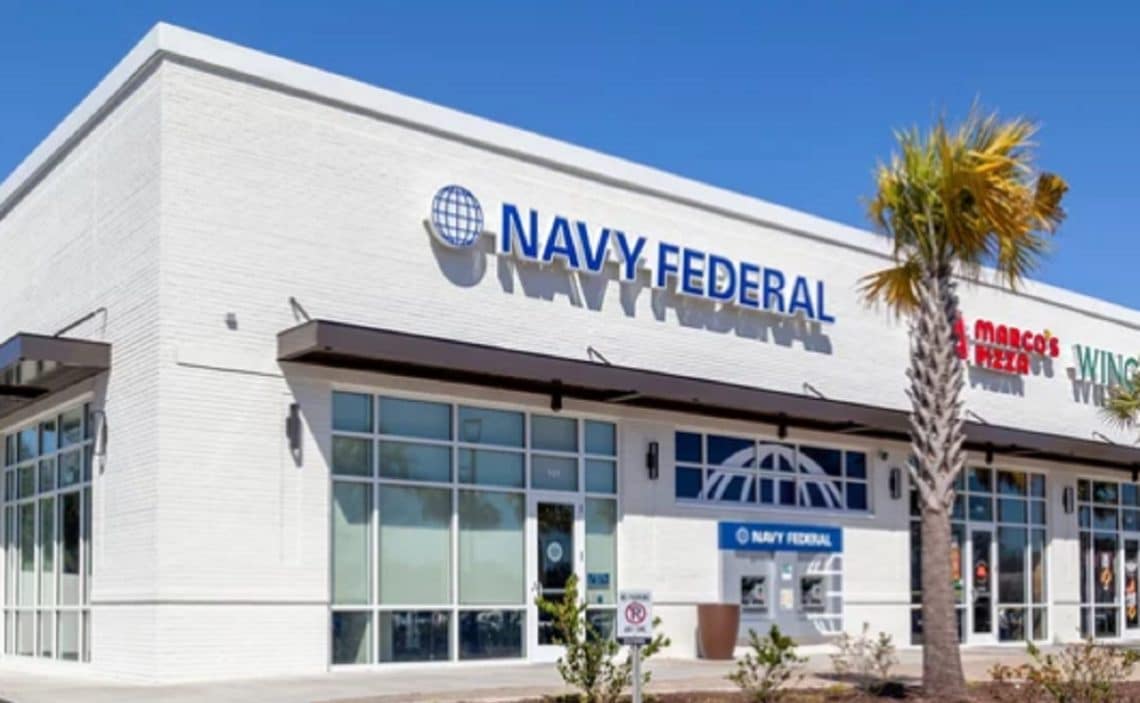Struggling to keep your finance organized? Opening a business account will rescue you from the tedious and frustrating process of separating your personal and business finances.
A good option to do so is Navy Federal Credit Union. That is why, in this article, we will be covering the requirements to open a business account in this bank and what are its benefits.
Opening a business account in Navy Federal
- The first thing is that the business owners must be individual members of the Navy Federal Credit Union.
- The procedure to open a new account can be done online or in person. The owners must fill out the business membership pre-application. If you have a Navy Federal personal account, this pre-application form is available online through your Navy Federal digital banking account.
- As a business owner, you will also need to provide all the required business documents that are appropriate and adhere to the above requirements.
- The amount of deposit required at the time of opening an account varies by type. Depending on the type of account you wish to open, the fees will also vary.
- The list of required documents can also change based on the business entity, so it is advisable to collect the correct information on the required documents before beginning the process.
Types of Accounts
Business Checking Account
PROS
- This account is free of charge.
- It is an interest-bearing account.
- You can deposit as much money as you want i.e. there is no limit on cash deposits.
- Access to customer service representatives.
- The account also includes the provision of additional resources for small businesses.
- No limit on electronic transactions.
CONS
- This account service is not available to civilians, it is limited to military members, Department of Defense employees and their families.
- It requires the account opener to deposit an amount between $250 and $255, the amount changes with the type of business.
- Fewer free non-electronic transactions, up to 30 per month. For more than 30 non-electronic transactions per month, fees will be charged at 30 cents per item.
Business Plus Checking Account
PROS
- It is free of charge. There is a $8 monthly fee.
- Interest-bearing account.
- You can deposit as much amount as you want i.e. there is no limit to cash deposits.
- Access to customer service representatives.
- The account also includes the provision of additional resources for small businesses.
- No limit on electronic transactions.
CONS
- It requires the account opener to deposit an amount of $250 for sole proprietorships and $255 for all other entity types.
- Smaller number of free non-electronic transactions, up to 50 per month. For more than 50 non-electronic transactions per month, fees will be charged at 25 cents per item.
Business Premium Checking Account
The account holder has to pay a monthly fee of $20. It is waived with an average daily balance of $5000 or more.
PROS
- Interest bearing account.
- It gives up to 0.45% tired APY which is based on the account balance.
- You can deposit as much as you want i.e. there is no limit on cash deposits.
- Access to customer service representatives.
- The account also includes the provision of additional resources for small businesses.
- No limit on electronic transactions.
CONS
- It requires the account opener to deposit an amount of $250 for sole proprietorships and $255 for all other entity types.
- Smaller number of free non-electronic transactions, up to 100 per month. For more than 100 non-electronic transactions per month, fees will be charged at 25 cents per item.
Required documents for each Entity type
Sole proprietorship
- Federal Tax ID Number (TIN) letter
- Valid business license, permit, or Fictitious Name/DBA certificate
General Partnership
- Federal Tax ID Number (TIN) letter
- Valid business license, permit, or Fictitious Name/DBA certificate
- Beneficial Owner Form: It requires business owners to fill in basic details such as Social Security Number (SSN) or passport number for business owners with 25% or more ownership in their business as well as controlling officers.
Corporation, Limited Partnership, or Limited Liability Company
- Federal Tax ID Number (TIN) letter
- Valid business license, permit, or Fictitious Name/DBA certificate
- Beneficial Owner Form: It requires business owners to fill in basic details such as Social Security Number (SSN) or passport number for business owner with 25% or more ownership in their business as well as controlling officers
- You will also need a solvency certificate issued within 60 days of the application date for the business account.
Click to rate!
[Total: 0 Average: 0]


